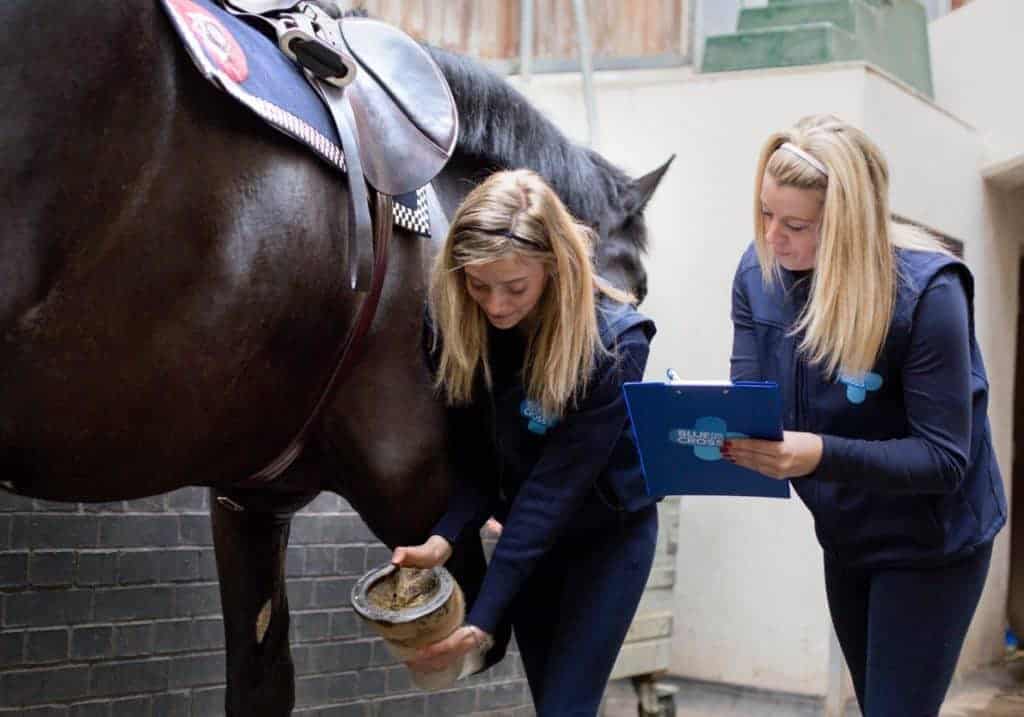
OSU Veterinary Hospital Acquires a Dynamic Respiratory Scope
The dynamic respiratory scope will allow veterinarians to better assess performance horses’ upper respiratory tracts.

The dynamic respiratory scope will allow veterinarians to better assess performance horses’ upper respiratory tracts.

Here’s how to get your performance horse back to the show ring safely and successfully after layup.

Being prepared in advance can help horse owners handle this scary situation as well as possible.

Learn about this sticky pleuropneumonia complication and why it’s bad news for affected horses.
The projects will investigate EIPH’s pathophysiology and the effect of the medication furosemide on that condition.
Highlights and take-homes from the 2015 AAEP Focus on Poor Performance meeting in Lexington, Kentucky.

The Hippolia Foundation unites equine research groups for better progress, improved funding opportunities, and more.
The two veterinarians and one clinical technician are developing sports medicine and rehab services at NC State.

Researchers ran four tests on the same group of horses to compare results and determine sensitivity and specificity.

Risk factors for equine nosebleeds appear to include age at first start, running on firm ground, and more.

Prince’s research could ultimately help owners better manage horses that require low- or high-carbohydrate diets.

Find out how to ensure your senior horses stay healthy all through their golden years.

A British survey revealed that lameness is three times more likely to be caused by limb conditions than hoof problems.

The experts agree that research results could evolve into standards that can help protect horses and riders.

Equine veterinarians confirm motion capture could be useful for objective measurements of ataxia, or incoordination.

Dr. Brian MacNamara has special interests in lameness and the causes of poor performance in the equine athlete.
Stay on top of the most recent Horse Health news with
"*" indicates required fields